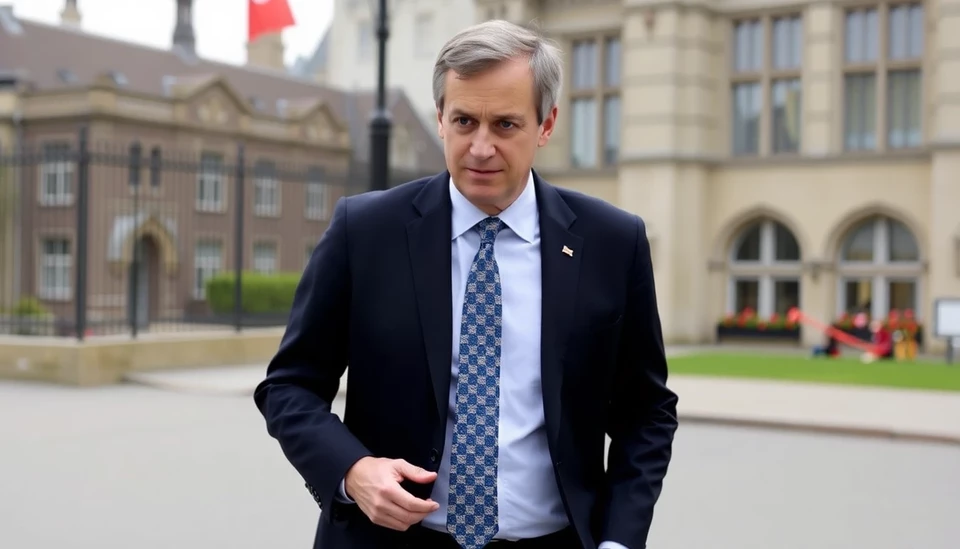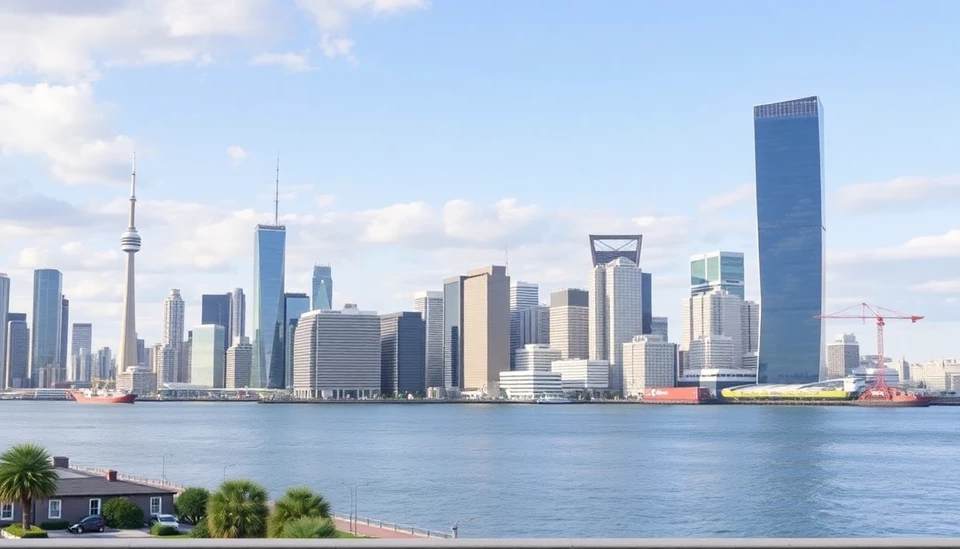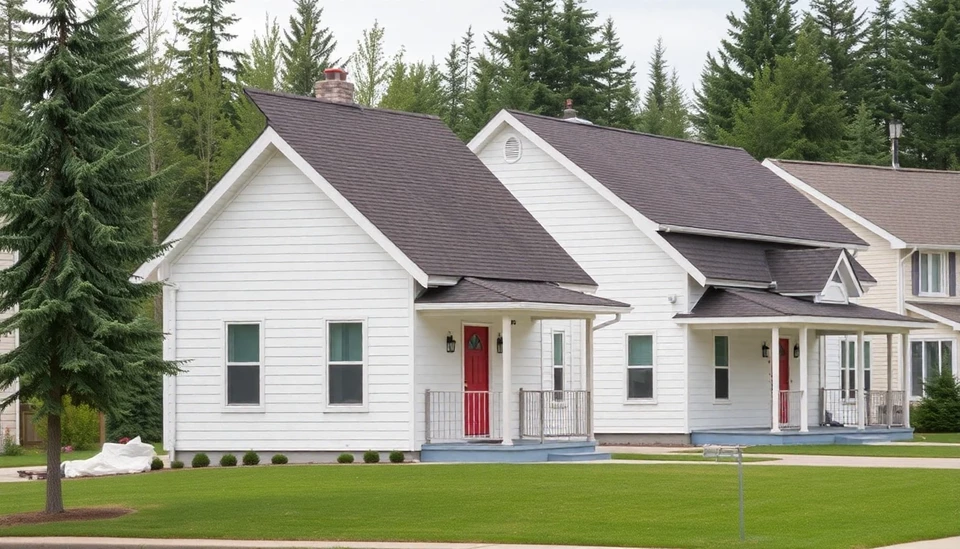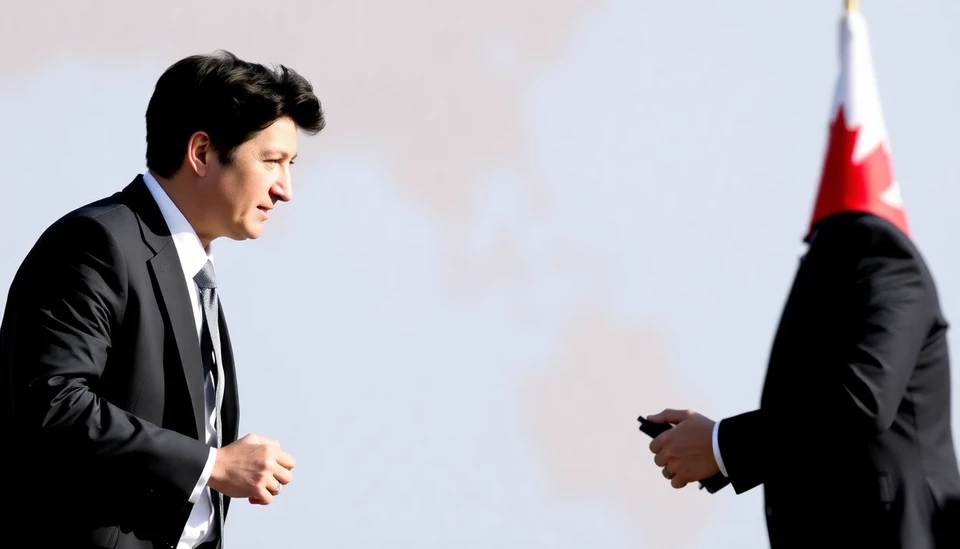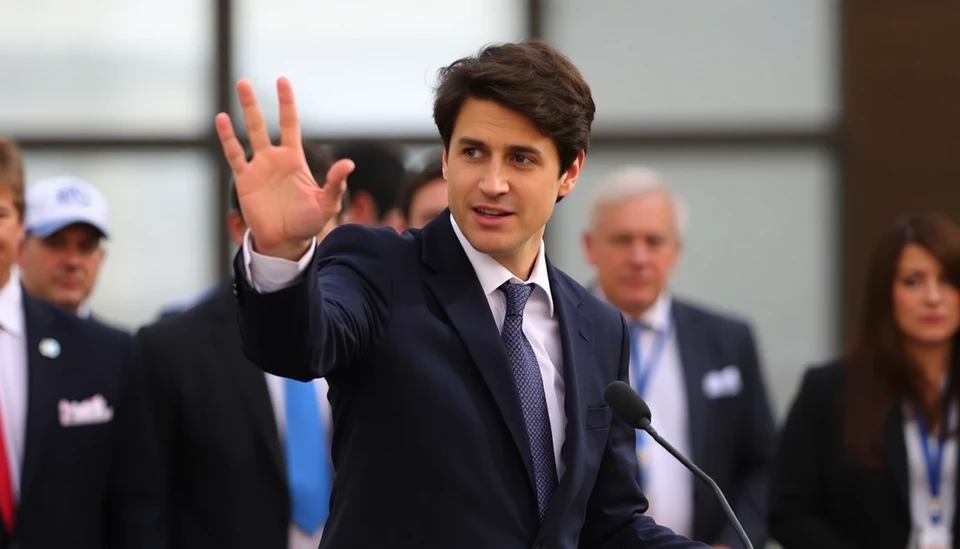
In a significant turnaround, Canadian Prime Minister Justin Trudeau has announced a drastic change in his government's immigration policy, responding directly to a notable decline in public support. This reversal comes at a crucial time as the country grapples with rising concerns over housing shortages and economic pressures that many believe are linked to an influx of newcomers.
Trudeau, who previously championed high immigration levels as a means to bolster the economy and promote multiculturalism, is now putting forth measures aimed at tightening immigration and narrowing the focus to ensure that incoming residents can effectively contribute to local communities. This decision marks a substantial departure from the liberal immigration stance that has characterized his administration since he took office in 2015.
The shift in policy is largely viewed as a strategy to regain the trust of Canadians amidst growing dissatisfaction. Recent polling data indicate a steep drop in approval ratings for Trudeau, especially among key voter demographics, who express worries about the impact of immigration on job availability, housing, and overall societal integration. As pressure mounts from opposition parties and even within his own Liberal Party, Trudeau is hoping this new direction will alleviate public anxiety and stabilize his administration.
Critics of the previous immigration policy have pointed to the strain on public services and infrastructure that has accompanied soaring immigration numbers. Many Canadians feel that their communities have been overwhelmed, with schools, hospitals, and housing markets struggling to keep pace with the rapid increase in population. This has stirred a debate over the balance between welcoming newcomers and ensuring that existing citizens' needs are prioritized.
The government plans to implement a more rigorous assessment process for new immigrants, focusing on skills that are in demand within Canada's labor market, as well as the potential economic contributions of these individuals. Additionally, there will be a renewed emphasis on integrating newcomers into local communities to foster better relationships and support systems.
This policy realignment is expected to feature prominently in the government's upcoming budget and will likely be a central issue in the next election cycle. Trudeau has insisted that the ultimate goal remains to maintain Canada as a welcoming nation but stressed the importance of responsible immigration practices that align with the current economic climate and societal needs.
As Trudeau maneuvers through this political landscape, the outcome of his immigration policy shift remains to be seen. It will be essential for his administration to strike a delicate balance that respects both the traditional values of welcoming diversity while addressing legitimate concerns of Canadian citizens regarding the pace and impact of immigration.
In summary, Trudeau's unexpected pivot on immigration policy reflects the increasing urgency for political leaders to respond to the frustrations of their constituents while still upholding the principles that define Canadian society. How this affects his leadership and the nation’s future trajectory will undoubtedly unfold in the coming months as public scrutiny intensifies.
#Trudeau #Canada #ImmigrationPolicy #PublicSupport #PoliticalShift #HousingCrisis #EconomicConcerns #LiberalParty
Author: Daniel Foster
